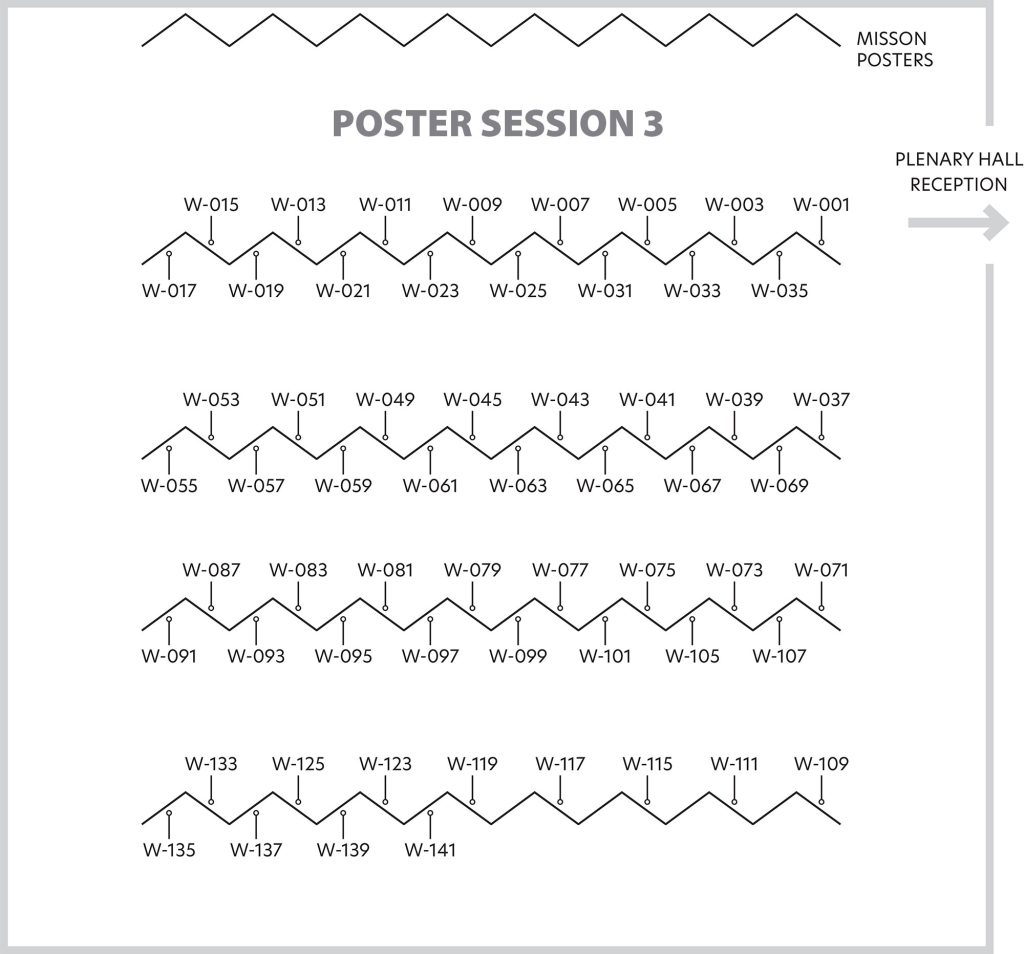POSTER Session 3
Wednesday, October 9
16:50–19:10
Poster Session | 1 | 2 | 3 | 4 | Instructions | Schedule at a Glance
ABSTRACT 940 | POSTER W-115
THE IMPORTANCE OF TIDAL VARIABILITY IN APPLICATIONS OF SATELLITE OCEAN COLOR TO TRANSITIONAL WATERS
In transitional waters, tides can play a major role in water dynamics, being the primary driver of fluctuations in water parameters. Therefore, to assess temporal changes, traditional in-situ samplings are often conducted at similar tidal conditions. For synoptic monitoring purposes, Remote Sensing (RS) methodologies are becoming widely employed due to the capability to provide cost-effective systematic observations. However, in transitional waters the presence of tides introduces complexities that need to be accounted for to accurately interpret RS data. In the context of water quality monitoring, Sun-synchronous (SS) satellites are often employed, whose orbit ensures that the satellites overpass a specific location at the same local solar time. However, due to its Moon’s phase dependence, tides always have a time delay in each solar day. In semi-diurnal type, the delay is due to the phase difference between S2 and M2 components. Hence, an SS satellite will observe a different tidal condition at each overpass, effectively aliasing the daily signal. This can create non-obvious biases when using RS data for monitoring tidally-dominated systems. In this work a 7 years Sentinel-3 OLCI-derived turbidity dataset was used to evaluate the influence of tidal aliasing on the applicability of an SS satellite to a tidally-dominated system (Tagus estuary, Portugal). Each satellite observation was classified and labeled for tidal condition. Results suggest that the magnitude of turbidity variations resulting from the fortnightly and semi-diurnal cycles is significantly higher compared to seasonal variability and that not all tidal conditions are observed by an SS satellite.
*Giulia Sent, Marine and Environmental Sciences Centre (MARE), Universidade de Lisboa, Portugal, [email protected], https://orcid.org/0000-0002-7558-9847
Carlos Antunes, Universidade de Lisboa, Faculdade de Ciências, Instituto Dom Luiz, Portugal, [email protected]
Evangelos Spyrakos, University of Stirling, Earth and Planetary observation sciences, United Kingdom, [email protected]
Thomas Jackson, EUMETSAT, German, [email protected]
Elizabeth Atwood, Plymouth Marine Laboratory, United Kingdom, [email protected]
Ana Brito, Universidade de Lisboa, Faculdade de Ciências, Marine and Environmental Sciences Centre (MARE), Universidade de Lisboa, Portugal, [email protected]
Poster Session | 1 | 2 | 3 | 4 |
Instructions | Schedule at a Glance
Questions?
Contact Jenny Ramarui,
Conference Coordinator,
at [email protected]
or (1) 301-251-7708

